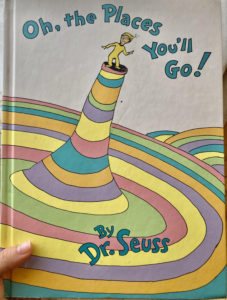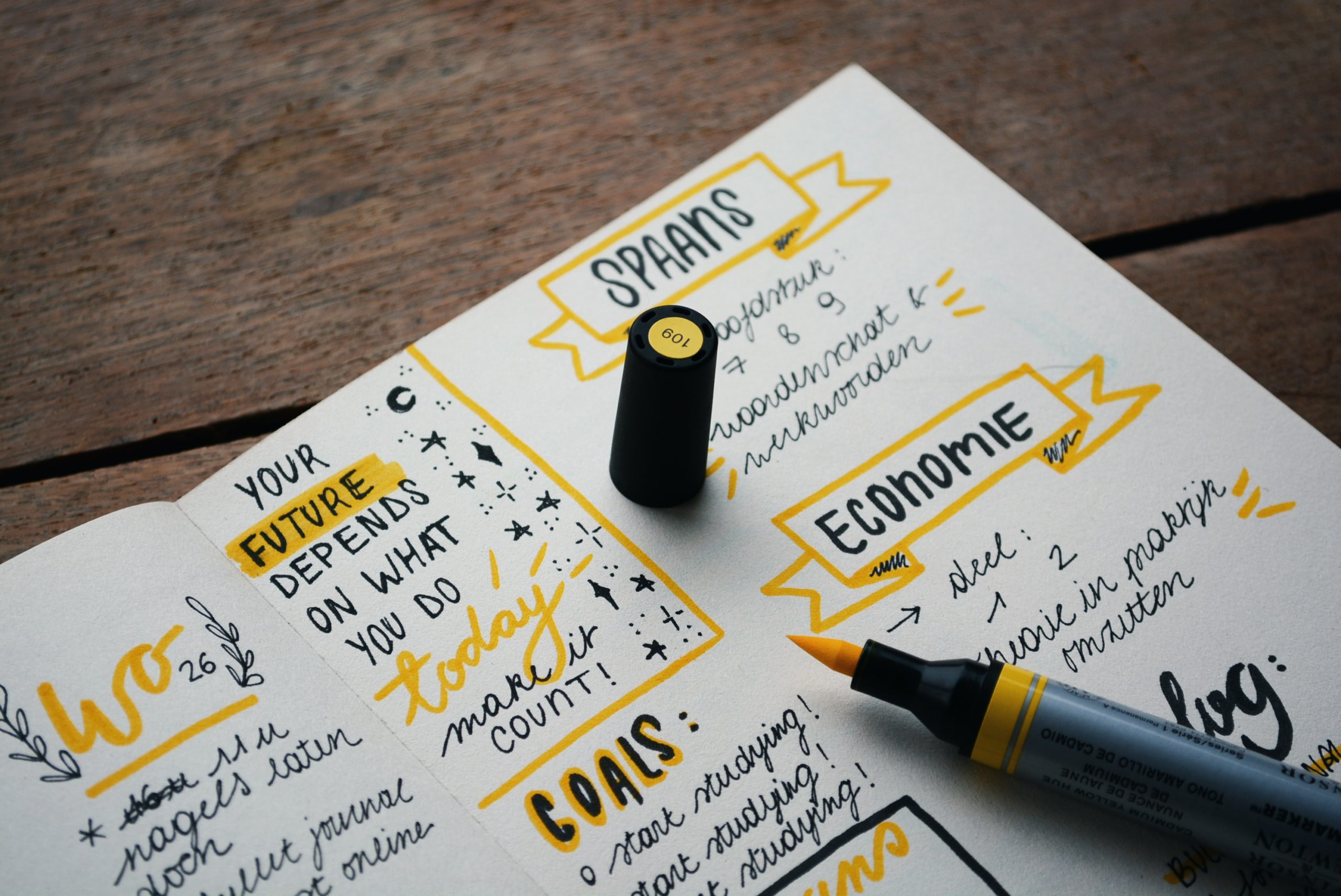MIND newsletter: “I don't have the power to make a change”
Happy Saturday everyone! 😉
I hope you’re having a wonderful Saturday, although I must admit it’s already Saturday evening here in Montreal, and I’ve been a bit off schedule lately.
Life has presented its fair share of challenges for both the people I care about and myself, leaving us gasping for an easy breath for the past few weeks. It feels as though we’re trapped in a box with no apparent way out. This feeling can happen to anyone, whether it’s my dear aunt, a close friend, myself, or even you. This contemplation has led me to ponder the concept of power and whether we truly always have a choice.
Ironically, whenever I think about “power,” it doesn’t strike me as particularly a powerful word. We tend to associate it with someone who holds a position of authority while we feel powerless, hopeless, and unable to change our reality. Conversely, when we do consider ourselves as having power, it often comes with the responsibility to keep our egos in check. In either case, perceiving power in a truly positive light can be challenging.
I came across a DEI book that discussed power dynamics, primarily in the context of the workplace. However, I found its insights highly relatable to our daily lives. One chapter of the book began with the phrase, “I don’t have the power to make a change.” How many times have we uttered those words to ourselves?
What I appreciate about this chapter is at the end how it reframes our understanding of power. Perhaps when we think, “I don’t have the power to make a change” what we actually mean is, “I don’t have enough power to make a change as quickly as I had hoped and all by myself.” The truth is, we possess various types of power, and it’s almost certain that we have at least one of them. Allow me to introduce the six types of power outlined in the book. For a more in-depth exploration, please refer to chapter 5 in the book “DEI Deconstructed”.
Formal power: This power stems from holding a higher title or social status, granting one the right to request behavior from others.
Reward power: The ability to promise compensation or rewards in order to influence behavior.
Coercive power: The ability to employ threats or punishments to influence behavior.
Expert power: The power derived from possessing greater expertise or abilities, which can influence behavior.
Informational power: The power derived from possessing greater information, enabling one to influence behavior.
Referent power: The power to build rapport and influence behavior through charisma and personal connections.
While it’s true that we may not always have formal power or the ability to reward or punish others, we can still leverage our expertise, information, and personal connections to influence the situation positively. Expert power allows us to share our knowledge and skills, guiding others toward solutions. Informational power equips us with the ability to provide valuable insights and resources that can help navigate through obstacles. Referent power, stemming from our charisma and rapport-building abilities, enables us to inspire and motivate those around us, fostering a collective effort toward overcoming challenges.
In moments when we feel overwhelmed, perhaps it’s helpful to remind ourselves that power does not necessarily mean dominance or control; it can be wielded with compassion and empathy – qualities we all possess.

I have always been fortunate that whenever I find myself on a bumpy road, I encounter the most kind-hearted people, receive the most encouraging messages, and experience the warmest hugs and love.
This week one came as a book* in my mailbox: “Oh, the places you’ll go” by Dr.Seuss
And this quote is what I found truly resonate with me as a life long learner, a worker, a coach:
You’ll get mixed up, of course,
as you already know.
You’ll get mixed up
with many strange birds as you go.
So be sure when you step.
Step with care and great tact
And remember that Life’s a Great Balancing Act.
Just never forget to be dexterous and deft.
And never mix up your right foot with your left.Oh, the places you'll go - Dr.Seuss Tweet
*Fun fact: this secondhand book came with a note, and it turned out to be a gift from Mom and Dad to a high school graduate in 1992. I hope that kid grew up well, journeyed through different Places, encountered strange birds but never mixed up their right foot with their left.
May the same wish apply to you all as well.
References
- Book: DEI Deconstructed: Your No-Nonsense Guide to Doing the Work and Doing It Right by Lily Zheng
- Book: Oh, the Places You’ll Go! by Dr.Seuss



